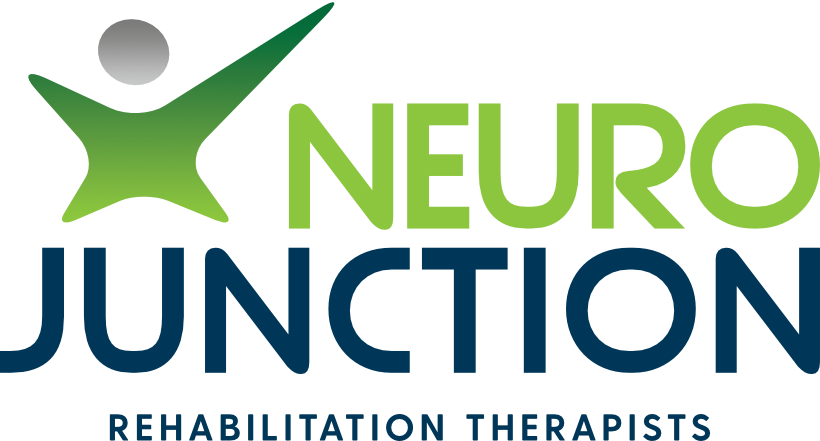What is a concussion?
A concussion is a type of mild traumatic brain injury that occurs when a sudden force (such as a bump, blow, or jolt to the head or body) causes the brain to move rapidly inside the skull. This movement can stretch and disrupt nerve function, leading to temporary changes in how the brain works.
While concussions are often considered “mild,” the effects can be significant, impacting thinking, balance, vision, and overall wellbeing. They can occur from sports injuries, falls, motor vehicle accidents, or even everyday accidents.
Physiotherapists play a key role in concussion recovery by assessing symptoms, guiding safe return to activity, and providing targeted rehabilitation to address balance, neck mobility, and cognitive challenges.
Common Signs & Symptoms
Concussion symptoms can vary widely and may appear immediately or develop over hours to days. They commonly affect several areas:
Cognitive: Difficulty concentrating, memory problems, feeling “foggy”
Emotional: Irritability, anxiety, depression, mood swings
Oculomotor (Eye-related): Blurred vision, difficulty focusing, sensitivity to light
Vestibular (Balance-related): Dizziness, vertigo, imbalance, motion sensitivity
Sleep: Difficulty falling asleep, sleeping more or less than usual
Neck: Neck pain, stiffness, reduced range of motion
Note: Loss of consciousness is not required for a concussion diagnosis.
Recovery & Treatment
Most concussions resolve within 2–4 weeks in adults, but recovery can be slower in adolescents. In young people, symptoms may last 4 weeks or more because the brain is still developing and responds differently to injury.
Physiotherapy interventions include:
Rest followed by gradual return to activity
Balance and vestibular exercises
Neck and posture rehabilitation
Visual and cognitive exercises
Step-by-step return to work, school or sport planning
Occupational Therapy interventions include:
Cognitive assessment for more complex presentations including executive skills and attention testing
Fatigue management
Sleep routines and advice
If you suspect a concussion, book an assessment with our physiotherapy or occupational therapy team to support a safe and confident recovery.

